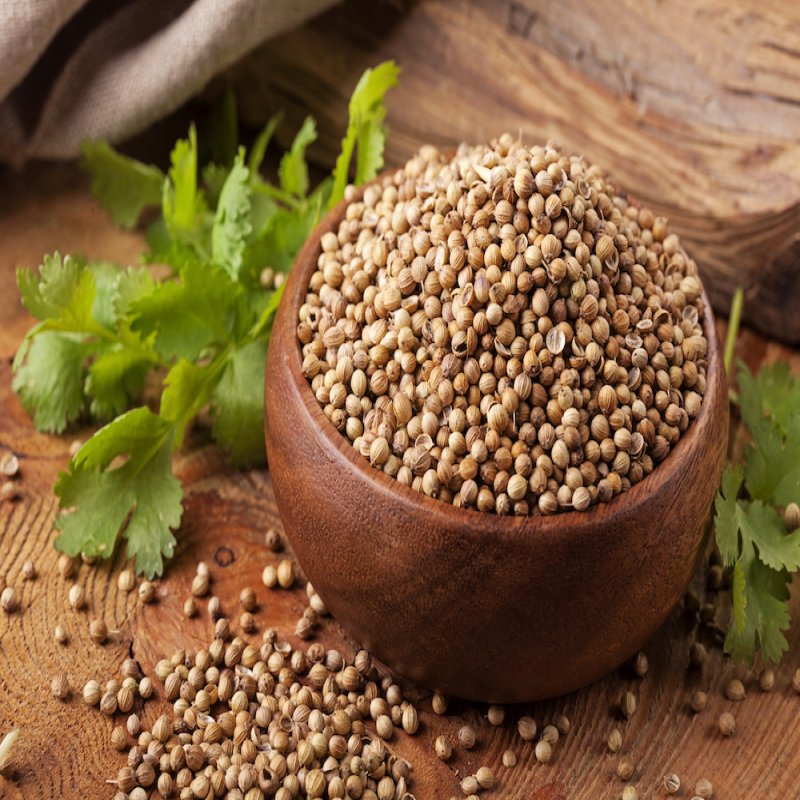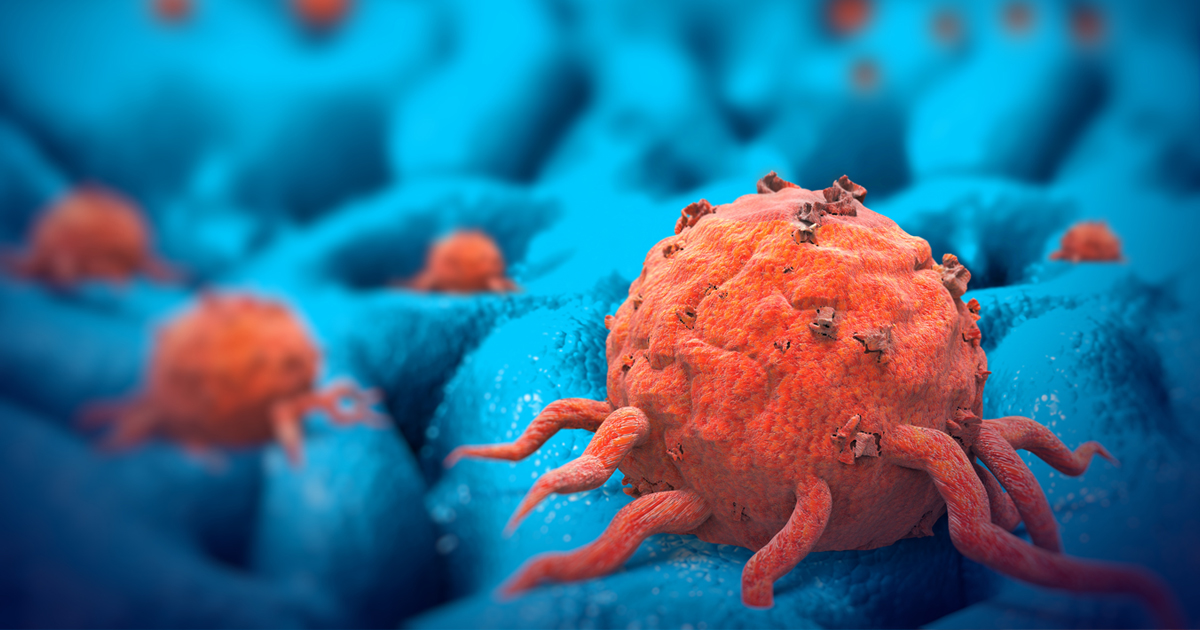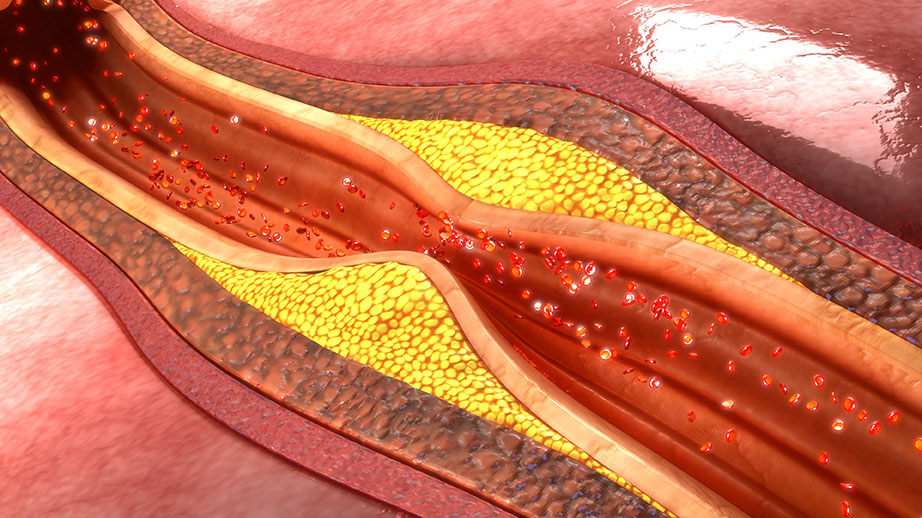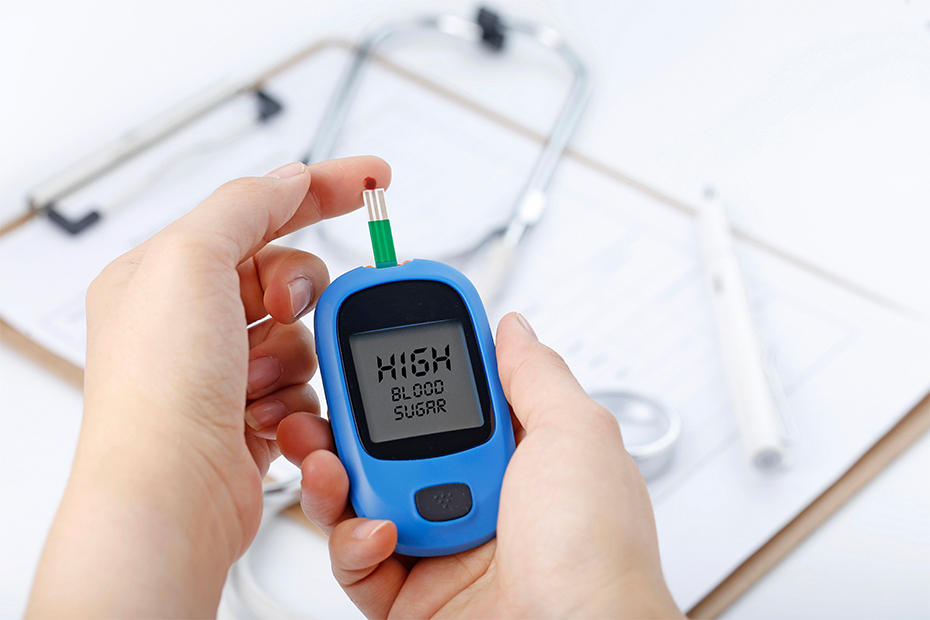
My earliest memories related to good food are of my mom’s cooking. She used to cook delicious meals that had such simple flavors, yet on my taste buds, they felt so extraordinary. The exceptional flavors came from the humble coriander seeds, which are one of the most common ingredients used in Indian cuisine. They are one of the top five spices and herbs used in an Indian kitchen. It has a strong and appetizing aroma that can enhance the flavors of any Indian food. It is not only a great spice but also an incredible health booster.
Read on to know about the health benefits of coriander seeds!
The History
Coriander seeds are known as “sukha dhania” or simply “dhania” in India. These are dried coriander fruits used traditionally as a spice. Crushed coriander seeds have a lemony citrus flavor due to the presence of compounds like terpenes, linalool, and pinene. They are native to the Mediterranean region, mostly Iran. They are commercially produced in India, Morocco, Russia, East Europe, France, Mexico, and the USA. In India, only coriander leaves were originally used in cooking. Later, coriander seeds were introduced in India by the Muslim invaders, towards the end of the 17th century.

Coriander seeds are the most ubiquitous of the spices on the Indian spice rack. It is one of the most important spices in the popular Indian five-spice mix. The roasting of the whole seeds releases their spice oils, which are later blended with the other four spices. This spice mixture forms the base of many Indian curries and dals. Charaka Samhita, the ancient Sanskrit text on Ayurvedic medicine, says that “dhanyaka” (coriander seeds) when mixed with sugar and consumed, can help you get rid of fever.
- Roasted coriander seeds are known as “dhana dal” in India.
- Roasting or heating coriander seeds heightens the flavour, aroma, and pungency.
- Coriander seed oil is primarily used as a seasoning for sausages and other meat products.
There are two types of coriander seeds. The first type of large seed variety is grown mainly in tropical and subtropical countries like Morocco, India, and Australia and has a low volatile oil content. The second type of small seed variety is mainly produced in temperate regions. They usually have a volatile oil content of around 0.4%–1.8%. So, they are in high demand as an ingredient for the preparation of essential oils.
Health Benefits of Coriander Seeds
Coriander seeds are a rich source of vitamin C that boosts the immune system. It also acts as an antioxidant that cures skin infections. They are a good source of dietary fiber. It also contains coriandrin, which is a volatile oil that lowers cholesterol levels. It contains proteins and healthy fats, which aid in healthy hair growth.
The high content of iron present in the seeds helps replenish the body during heavy menstrual flow. Additionally, coriander seeds contain fatty acids such as omega-6 fatty acids, oleic acid, and palmitic acid. It also contains minerals like copper, zinc, and potassium, which help in red blood cell production, control heart rate and blood pressure, and support overall body development.
Let us further look in detail at the various health benefits of coriander seeds.
Fights Cancer
Coriander seeds contain antioxidants, which offer anti-cancer benefits. Coriander root extracts inhibit DNA damage, prevent cancer cell proliferation, and promote cancer cell death (apoptosis). According to a review published in Nutrients (2016), the anti-cancer activity of coriander seeds is primarily due to the presence of linalool, as it induces oxidative stress on tumor cells without affecting normal cells.

Lowers Cholesterol Level
They contain dietary fiber, which helps lower LDL cholesterol levels in the body. Dietary fibers bind to bile salts (produced from cholesterol) and decrease their absorption in the colon, thus lowering LDL cholesterol levels. Excess LDL can clog arteries and increase the risk of atherosclerosis.

Read about foods that help to lower the cholesterol level!
Treats Diabetes
They help in treating diabetes by controlling insulin levels. Insulin is a hormone that helps maintain our blood sugar levels. The seeds contain dietary fibers that control and regulate the release of insulin in the body.

A study published in The British Journal of Nutrition, states that the extracts from these seeds have certain compounds, which when discharged into the blood can have anti-hyperglycemic effects that maintain blood glucose levels.
Prevents Arthritis and Rheumatism
Coriander seeds have compounds such as linoleic acid and cineole, which have anti-arthritic and anti-rheumatic activity. According to a study published in the Indian Journal of Medical Research (2018), the anti-arthritic activity of coriander extracts may be due to the modulation of pro-inflammatory cytokines present in the synovium, the primary site of inflammation. Thus, consuming these seeds helps reduce joint inflammation and swelling.

Protects the Nervous System
They have anti-inflammatory properties, which lower the risk of developing neurodegenerative diseases. A report published in Molecular Neurobiology states that the anti-inflammatory properties of coriander seeds may help protect the nervous system from damage. Studies show that the consumption of certain spices, such as coriander seeds, contributes to a lower risk of neurodegenerative diseases and neurological inflammation.

Boosts Immune System
Coriander seeds are rich in the goodness of vitamin C which helps in strengthening the immune system. Vitamin C stimulates the immune system and improves its ability to defend the body against harmful foreign pathogens and infections.

Aids Digestion
The seeds are popular for their digestive properties by cooling the intestinal tract. Therefore, it is an effective treatment for heartburn, indigestion, and mild gastric issues. It is a natural carminative, which means it relieves gas from the intestinal tract. It also increases the natural production of bile from the liver and digestive enzymes from the pancreas.

How to Use Coriander Seeds in our Daily Routine?
Here are some of the ways in which you can use coriander seeds:
- Roast coriander seeds in a pan and use them whole or powdered while cooking food for good taste and aroma.
- Boil one tablespoon of the seeds in water and keep it for the rest of the night. Next morning, filter out the water and consume it. Drinking this will aid in effective weight loss over a period of time.
- Blend vanilla soy milk, coriander seeds, and cinnamon for a healthy beverage.
- Smell roasted coriander seeds to get rid of a blocked nose.

Thus, no spice rack is complete without the addition of this healthy spice. The vibrant flavor and multiple health benefits of coriander seeds make it a must-have!
Disclaimer: Coriander seeds can lower blood pressure. Thus, people who suffer from low blood pressure must keep track of their consumption. Some people might suffer from allergic reactions like rashes, itching, and swelling of the throat when they eat coriander seeds.
Nutritional Information
100g of coriander seeds provide 298 calories Carbohydrates – 55g (Dietary Fiber – 42g), Protein – 12g, Fat – 18g (Saturated fat-1g, PUFA – 1.8g, MUFA – 14g), Sodium – 35mg, Potassium – 1267mg
And percentage daily value of Vitamin C – 35%, Iron – 90%, Magnesium – 82%, Calcium – 70% (based on a 2,000 calorie diet)


.png)


